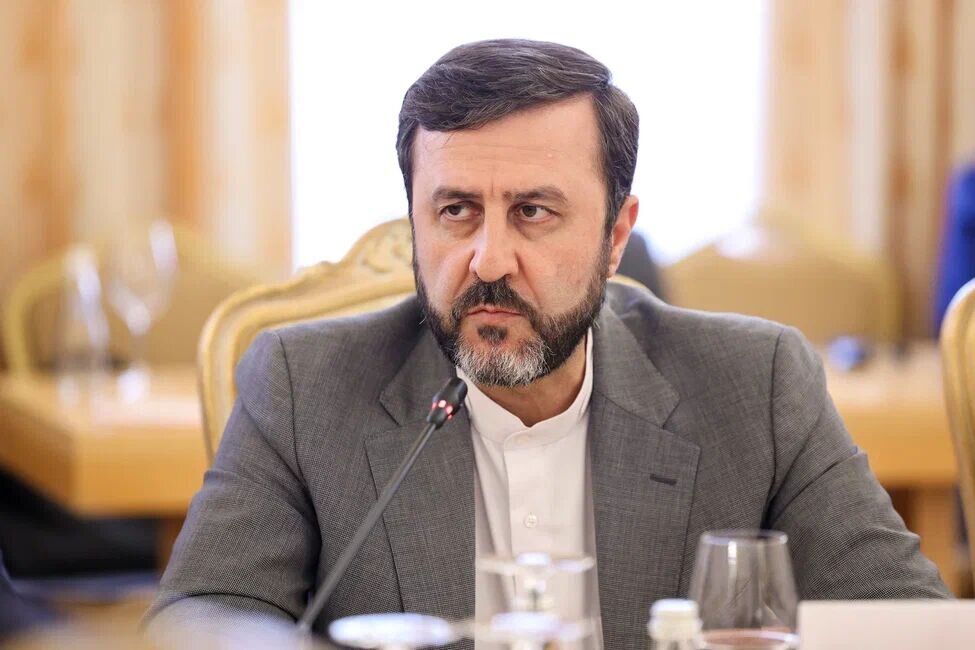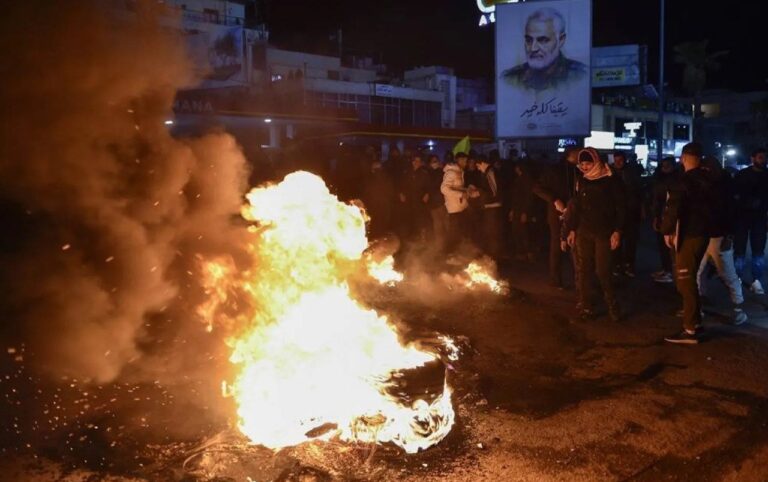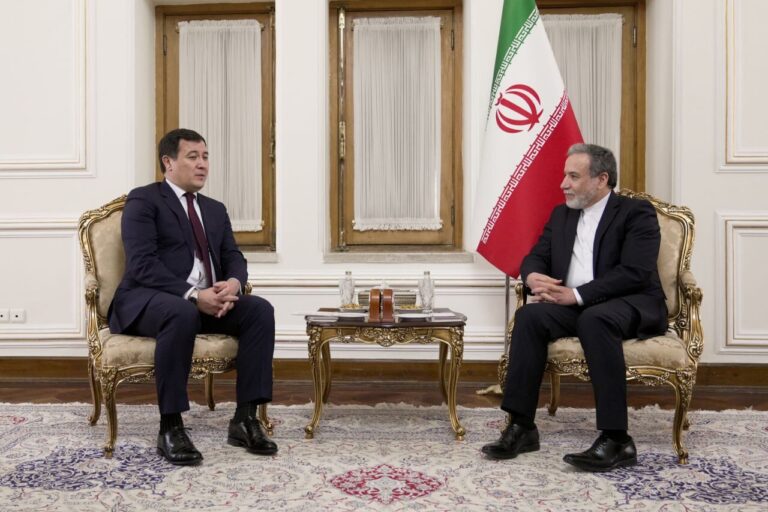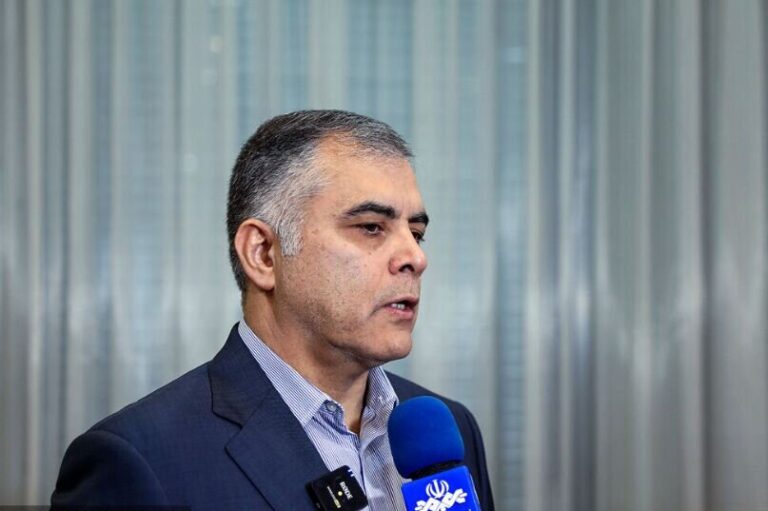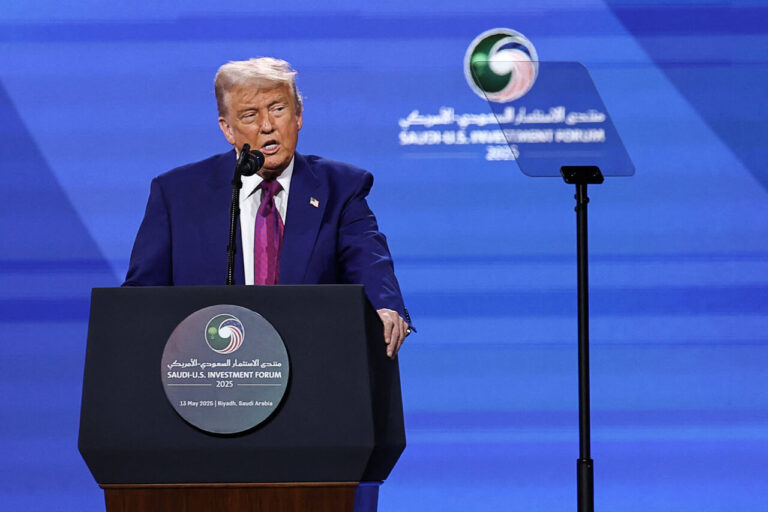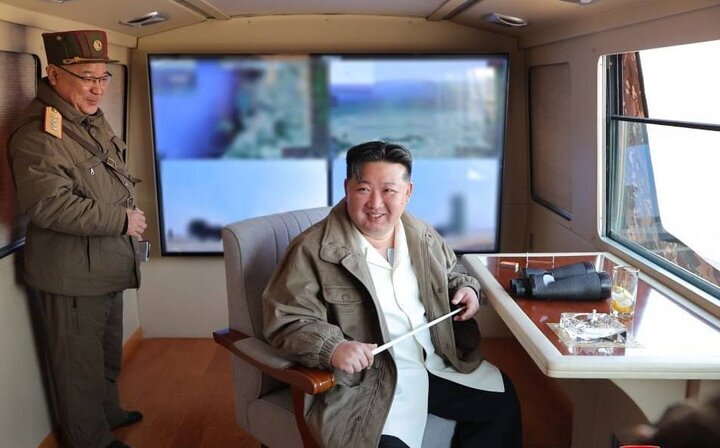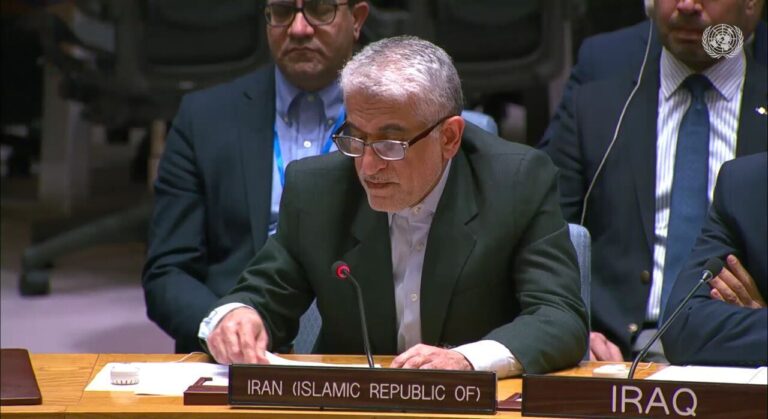Iran Calls on UN to Champion Multilateralism for Global Cooperation
The recent announcement by an Iranian deputy Foreign Minister regarding the formation of a United Nations grouping emphasizes crucial themes such as defending sovereignty, bolstering multilateralism, and opposing unilateral coercive measures. These proposals reflect Iran’s commitment to fostering international cooperation and addressing global challenges collaboratively.
During a press conference held on April 15, 2023, the Iranian official outlined several key proposals aimed at enhancing global governance through a new UN framework. This initiative seeks to unite nations in their efforts to uphold sovereignty and resist external pressures that undermine their authority. Below are the main points highlighted by the deputy FM:
- Defending National Sovereignty: The proposal emphasizes the importance of protecting the sovereignty of nations against external interference, ensuring that each country has the right to determine its own path free from coercion.
- Strengthening Multilateralism: The call for a renewed focus on multilateralism aims to foster collaboration among nations, encouraging them to work together to address global issues such as climate change, security threats, and economic disparities.
- Opposing Unilateral Measures: The grouping would also aim to counteract unilateral coercive measures that some countries impose, which often create significant challenges for the targeted nations, disrupting their economic and political stability.
The Iranian deputy FM pointed out that the establishment of this grouping is timely, considering the increasing instances of unilateral actions in international relations. He stated, “In today’s world, we witness a growing trend of unilateralism that undermines the principles of the United Nations and the spirit of cooperation among nations.”
Furthermore, the deputy FM stressed the need for a unified international response to these challenges. He noted that nations should come together to advocate for a rules-based international order that respects the rights and sovereignty of all countries. “It is essential for the international community to stand against any form of aggression that threatens national integrity,” he added.
The proposed UN grouping is also seen as a platform for countries to share their experiences and strategies in resisting external pressures and fostering sustainable development. This initiative could encourage dialogue and understanding among diverse nations, leading to more robust international partnerships and solidarity.
In addition to the proposals for the new grouping, the Iranian official highlighted the role of existing international organizations in promoting peace and security. He expressed hope that these organizations would embrace the new ideas put forward by Iran and work together to implement them effectively.
The emphasis on multilateralism resonates with many nations that are increasingly wary of unilateral actions that disrupt global harmony. By advocating for collective decision-making, Iran aims to inspire a shift in how countries approach international issues, prioritizing cooperation over confrontation.
Moreover, the deputy FM’s remarks come at a time when many countries are reevaluating their foreign policies and alliances. The need for solidarity in the face of global challenges has never been more pressing, and Iran’s proposals could serve as a catalyst for broader discussions on international cooperation.
In conclusion, the Iranian deputy Foreign Minister’s proposals for a new UN grouping represent a significant step towards defending national sovereignty, enhancing multilateralism, and opposing unilateral coercive measures. As the world navigates complex geopolitical landscapes, these initiatives could pave the way for a more cooperative and peaceful international environment.
It remains to be seen how other nations will respond to Iran’s call for action. However, the dialogue initiated by this proposal holds the potential to reshape international relations and foster a more inclusive approach to global governance.
